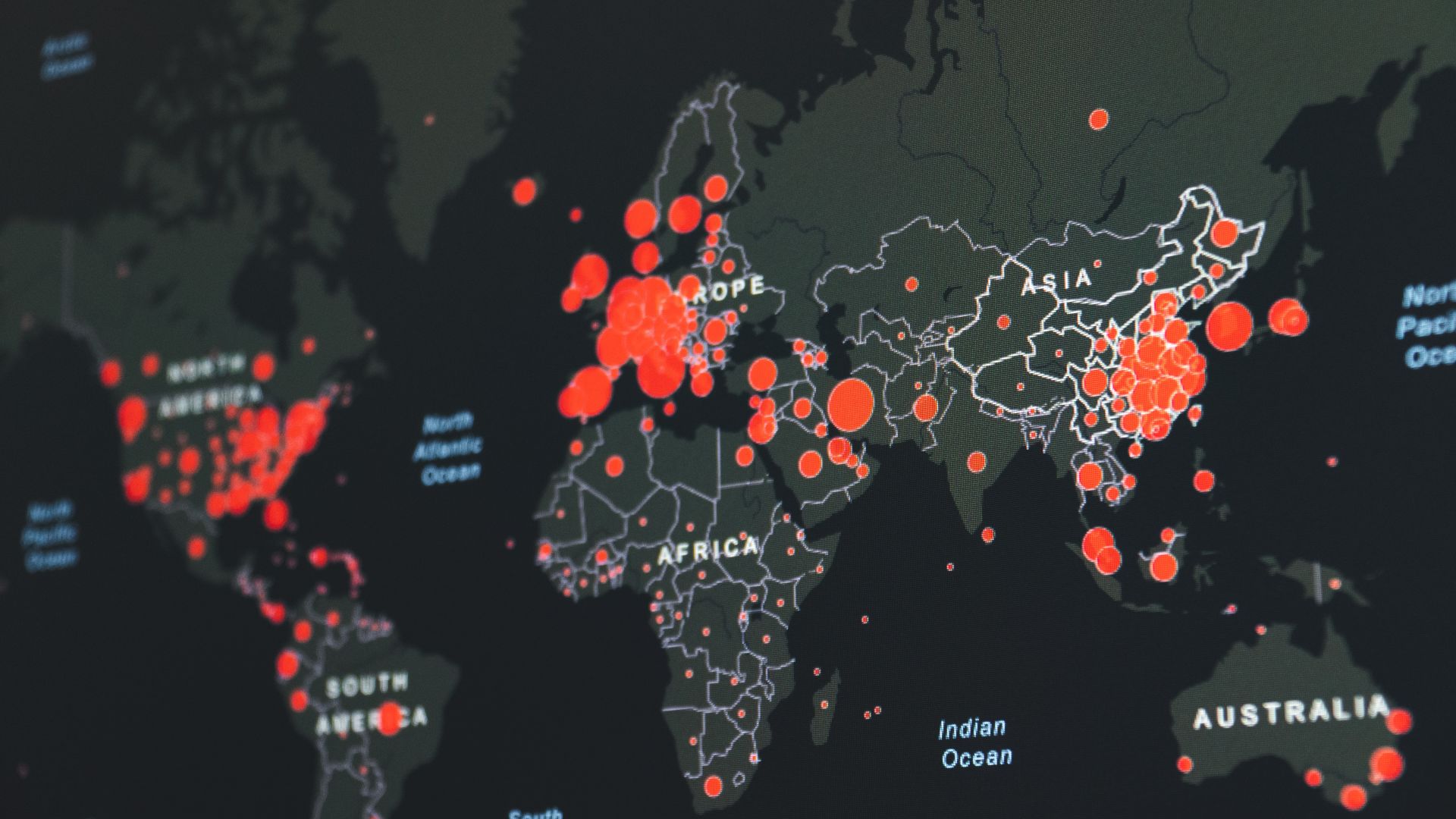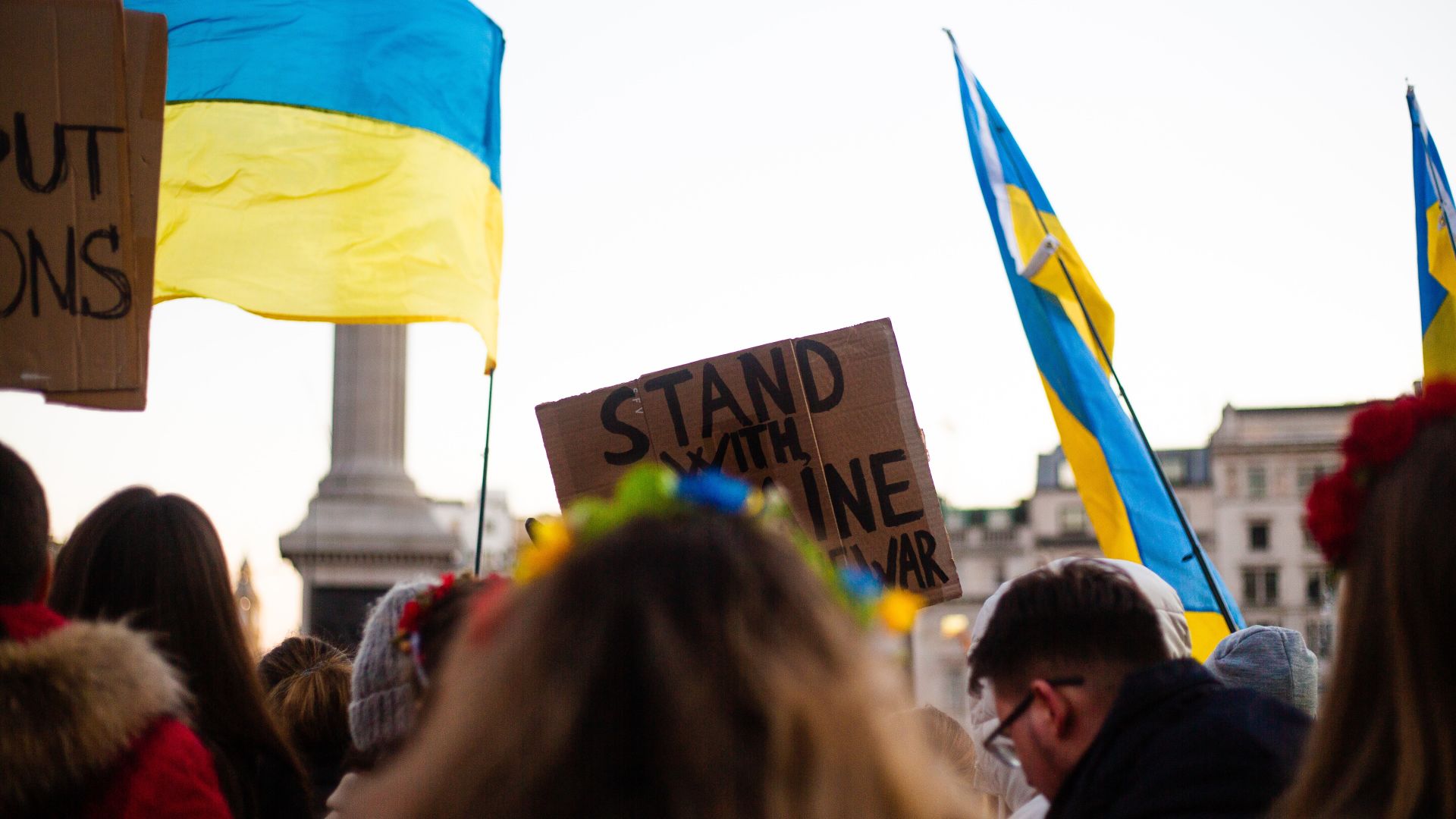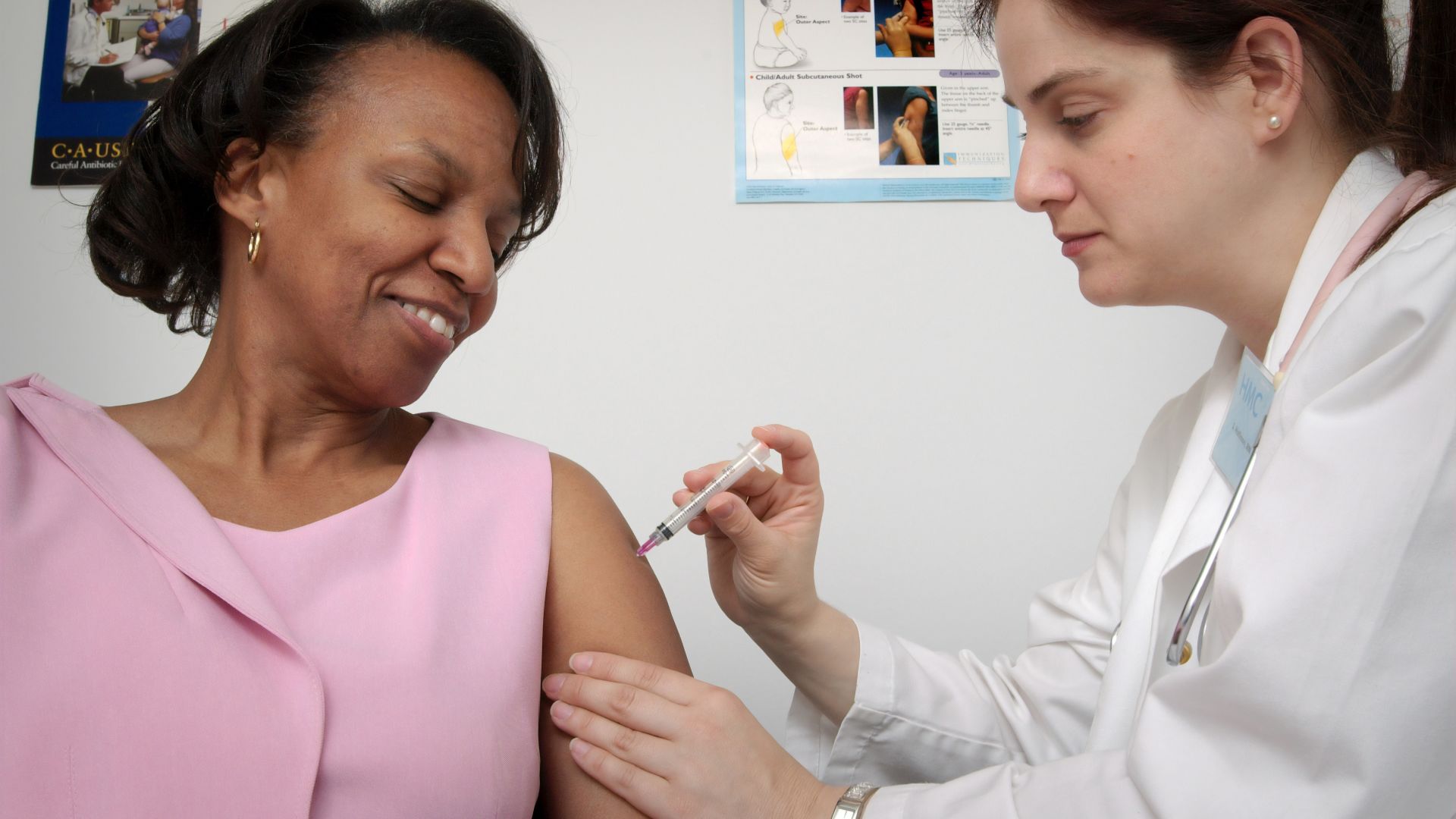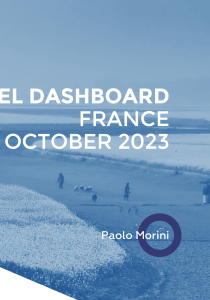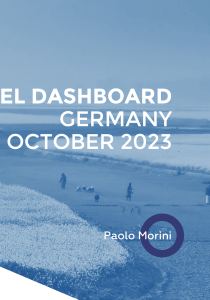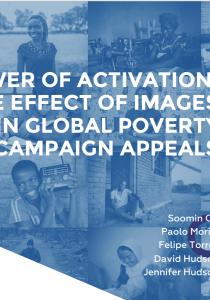
This blog is the second in our two part series on ‘Building back better,’ examining public values and priorities for the global recovery from the Covid-19 crisis. In the last blog, we revealed that the UK public overwhelmingly want to see WASH (water, sanitation and hygiene) prioritised for building back better. In this blog, we dig into the U.S. public’s values when it comes to the global recovery.
How do terms like ‘resilience,’ ‘sustainability’ and ‘equality’ resonate with the U.S. public when it comes to the Covid-19 recovery? In what ways does socioeconomic status influence those values? In order to begin carving out a policy agenda for a global approach to building back better, institutions and organisations both foreign and domestic are already trying to understand potential drivers of U.S. investment in the recovery. Undeniably, one piece of the puzzle is examining the U.S. public’s experience of the pandemic and their attitude toward foreign aid and building back better.
In September 2020 we surveyed a representative sample of 6,000 members of the U.S. public and learned that on average, the most important value is equality. This is perhaps not surprising, given the way the pandemic has shone a light on and in some cases worsened existing economic and social rifts in the country. But there were surprises: When we looked at the income of the respondents, however, we noticed an interesting trend. As incomes increased, they responded more positively to other values, namely sustainability and resilience. Equality remained the top priority for the richest group, but attitudes toward equality noticeably cooled. What will this mean for how the U.S. – and potentially other rich donor countries – approach the Covid-19 recovery?
A divide in UK and US values
You’ll recall from our last blog that this marks a departure from our findings around public preferences for BBB in Great Britain. There it’s sustainability, not equality that ranks first, with 26% of respondents believing sustainability should be a core value in rebuilding society after the pandemic, followed by well-being (22%), equality (14%) and resilience (9%). In the figure below, the U.S. data paints quite a different picture. Well-being is significantly less important to Americans, where it still ranks third, but with only 15% compared to GB’s 22%. It’s notable too that both countries gave resilience only a middling score.
But why the emphasis on equality in the U.S. as a priority in the recovery? Based on our analysis, we think this prioritization reflects the public’s experience of the pandemic, which disproportionately affected the most financially vulnerable residents. And by dividing respondents by income, we found that this perception of Covid-19’s impacts – like the impact of the pandemic itself – isn’t the same for everyone. (While our focus here is on income lines, we don’t discount any variation across other socio-demographic lines, like race and gender, where gaps could also be attributed to the disproportionate impact of the pandemic.)
Below, Figure 2 shows values by income in the United States. Here we’ve recoded gross household income into quintiles to show variations across income levels. We’ve represented gross household income in income quintiles to highlight trends across income levels.
As mentioned, it’s striking that equality is the top priority among all income groups. This speaks to a potentially shared perception of the pandemic as divisive force, regardless of whether those in higher income categories likely dodged the brunt of it.
But looking across income groups, you’ll notice a shift in priorities. For those in the first quintile/income group, sustainability ranks second to last. But moving up in income, sustainability rises steadily until it’s the second priority – almost tied with equality – for the third quintile, or those who make more than $90k/year. Resilience sees a more gradual increase until the fifth quintile ($500k/year), where it jumps from 8% favourability to 14%. By contrast equality steadily decreases from 26% for the first quintile to 22% for the fourth quintile and then back up slightly to 23% for the fifth quintile, but remains top throughout, an important insight that the U.S. government should heed when building back better.
As income increases, so does the preference for sustainability. This jibes with post-materialist theory, which states that improvement in an individual’s economic situation is associated with an increase ‘self-transcendent’ (beyond material) values over ‘self-enhancing’ (material) values.
Understanding the difference in values by economic income is essential for aligning policy agendas with public attitudes in the service of building back better. It’s clear here that in some ways, residents in the U.S. experienced much different pandemics.
Still, it’s important to note the perseverance of equality as the top value across income groups. Even at this still-perilous stage of the pandemic, it’s apparent to most that Covid-19 has wreaked particular havoc on the most economically vulnerable. Although America’s poorest are concentrated outside of the country’s biggest cities, it’s clear that the urban poor have seen particular hardship, given the way Covid-19 spreads. Those on lower incomes are also more likely to find themselves in ‘essential’ jobs, like retail grocery stores, sanitation and food service, which leave them both more vulnerable to Covid-19 and more likely to lose wages due to lockdowns. Add to this the already uneven access to healthcare, exacerbated again by the loss of employer-paid health insurance and it’s no wonder Americans have united on the importance of equality in the recovery. On this basis it makes sense, too, why well-being ranks second for the two lower income groups.
Overall agreement in the U.S. on inequality as the top priority, though there is underlying socioeconomic division.
For the higher income groups, we believe the more ephemeral notion of sustainability takes the second spot largely because of fewer direct, personal experiences with Covid-19 among this group. Again, this lines up with post-materialist theory. It’s because of this ‘beyond personal’ experience of the pandemic that we believe this group might perceive the recovery on more global terms, where for them inequality and the lack of (particularly environmental) sustainability can be heard at a higher volume. Resilience, particularly as it relates to the financial resilience of global markets, probably hits them a bit closer to home, too.
What matters to the public
This is a tough dynamic to parse: Overall agreement on equality as the top priority, with an undercurrent of economic division about where to put resources. It seems to us that the inequality uncovered by the pandemic in the U.S. speaks to wider, global divisions. But regardless of how far policies extend beyond the water’s edge, the people have chosen the foundation for building back better: Equality.






